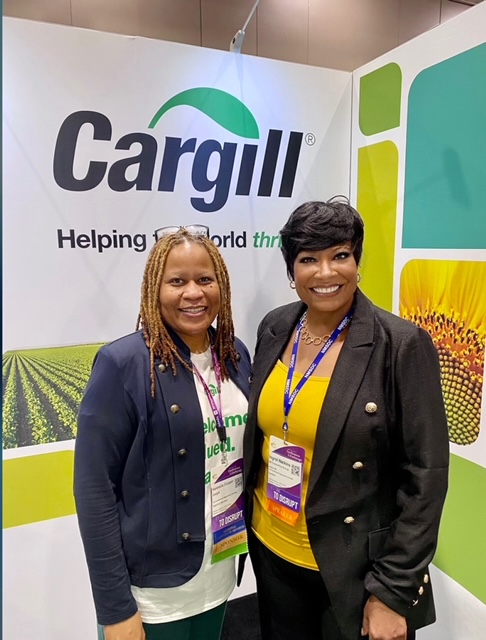Understanding the Power of Supplier Capability Development
The backbone of any successful business lies in its supply chain. At the heart of this chain are the suppliers who directly influence the quality, efficiency, and overall value of your products and services. That's why supplier capability development is crucial. It's a process of empowering your suppliers, enhancing their capabilities, strengthening their performance, and fostering a robust relationship that promotes growth for both parties involved.

Supplier Capability Development: What We Offer
In terms of supplier capability development, we focus on creating a collaborative partnership with your suppliers. By analyzing their strengths, weaknesses, and potential, we devise strategies to enhance their performance, foster innovation, and drive competitiveness. Our approach entails conducting comprehensive assessments, implementing training and development programs, and creating feedback mechanisms to measure progress.


Have a question? check these answers.
Supplier capability development is a strategic process of enhancing a supplier's performance and abilities. This can include technical skills, operational efficiency, quality management, and innovation capacity.
Investing in supplier capability development can lead to numerous benefits such as improved quality of products or services, increased efficiency, reduced costs, and enhanced innovation. It also helps to build a stronger relationship with your suppliers, fostering collaboration and mutual growth.
Project management is a systematic process of initiating, planning, executing, controlling, and closing a project. It ensures that the project's goals are met within the agreed time, budget, and quality standards.
Project management is essential for the successful completion of projects. It provides a structured approach, reduces risks, manages resources effectively, ensures quality, and improves customer satisfaction.
Our experts at IW Consulting Group provide a range of services in supplier capability development and project management. We offer comprehensive assessments, training and development programs, and project management solutions tailored to your unique business needs.
Effective project management can enhance supplier development initiatives by ensuring their smooth implementation. Meanwhile, a capable supplier base can contribute to the success of your projects by providing quality products or services efficiently.
To get started with our services, you can contact us through our website or phone. We will discuss your business needs and how we can provide the best solutions for supplier capability development and project management.
